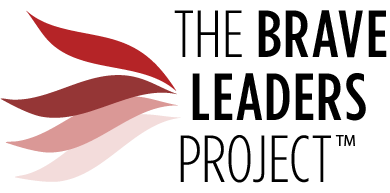Tips from Brave Leaders on Cultivating Courage
From where we sit, the future looks bright. Despite the current rash of issues around social injustice, poverty, global health concerns, and environmental crises, leaders around the world tell us that they are hopeful. They believe there is a greater sense of unity among young people than in previous generations, and feel that these rising leaders will bring a more sophisticated and nuanced sense of their collective power to achieve global impact.
As part of our Brave Leaders Project, we invited the many we interviewed to share a few words of wisdom with the next generation. Here, we share their responses and invite you to pause and reflect using our prompts. We offer both, as an impetus for bringing about meaningful and lasting change.
On Knowing Yourself and Your Truth
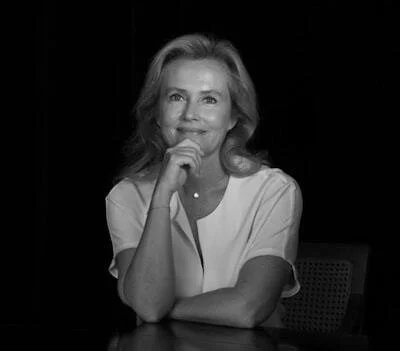
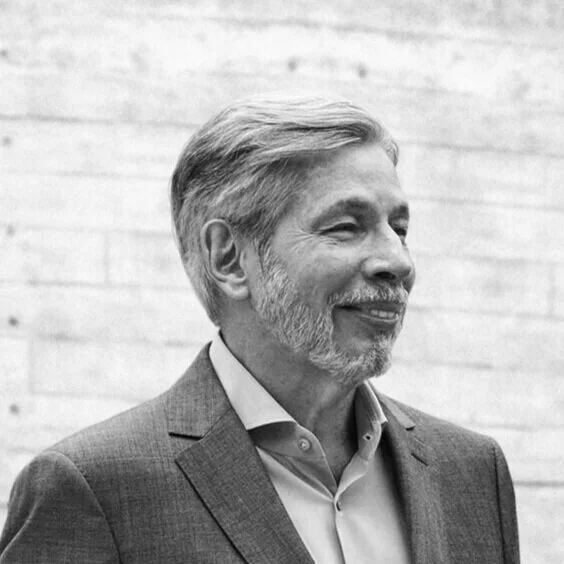
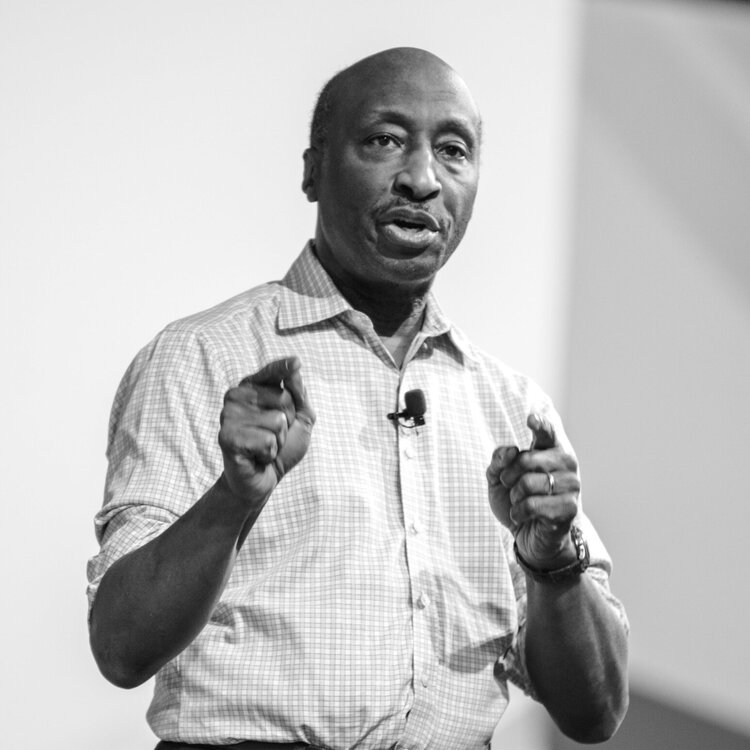

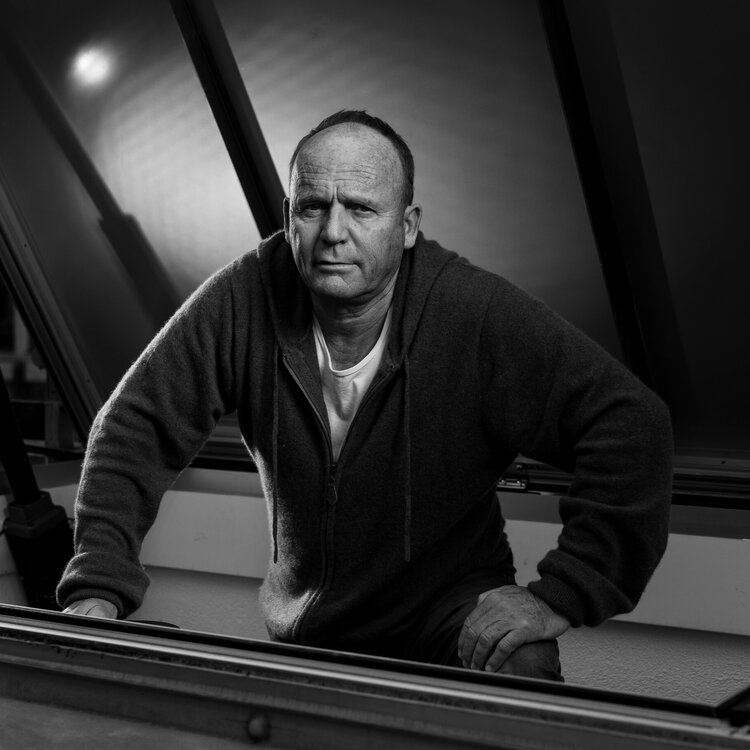
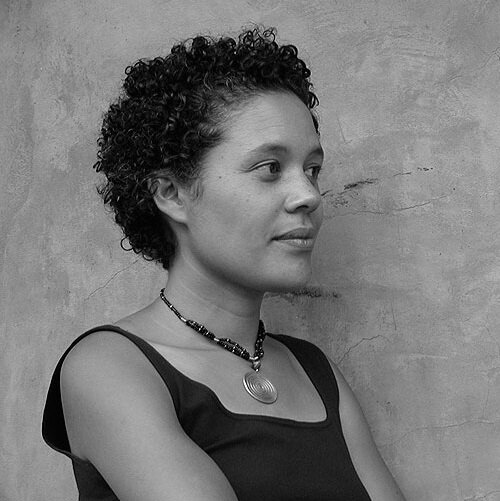
Reflection:
Businessman Luiz Seabra knows his own truth and remains steadfast — a brave act when intellect and reason point in another direction. Think of a time when you made a decision because it was the expected or acceptable decision, but it was not in line with your own sense of truth. How did you feel after making this decision? What might the outcome have looked like if you had gone with your gut instead?
On Doing the Right Thing
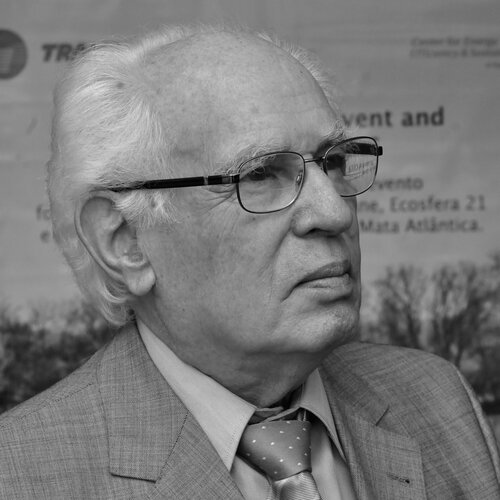
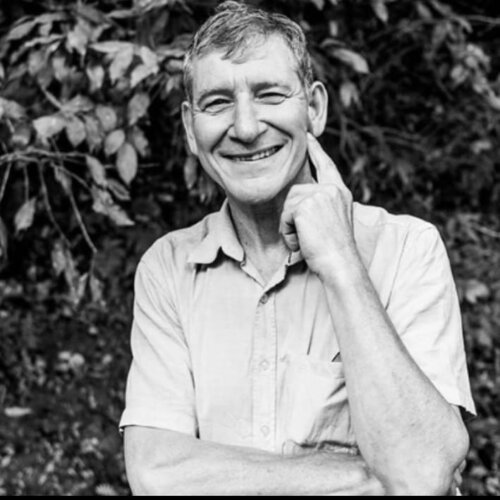

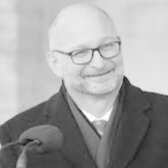
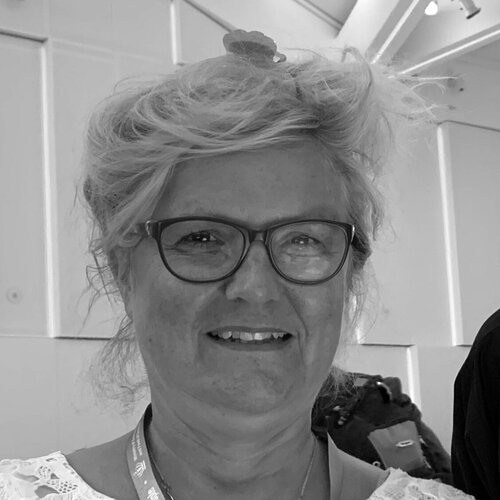
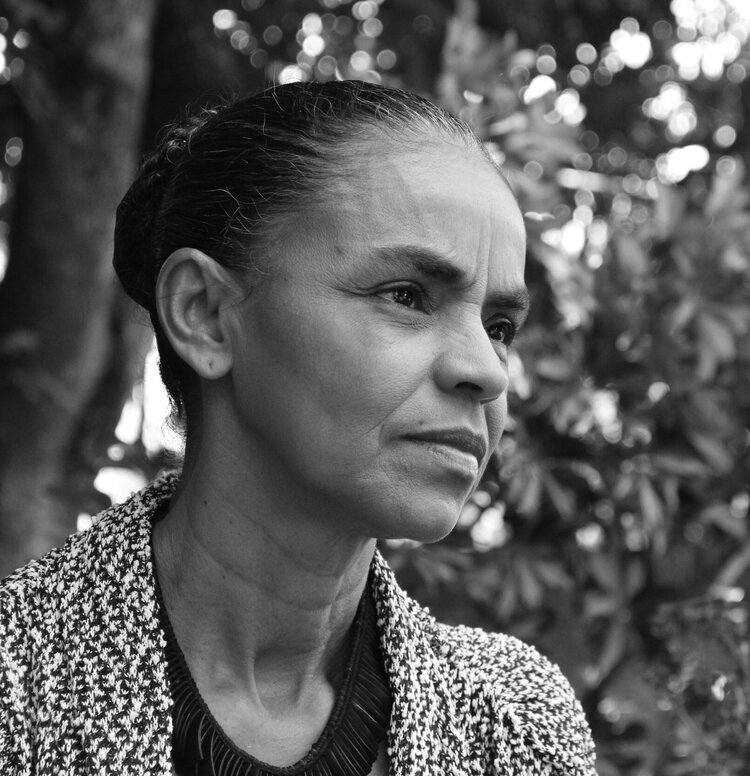

Reflection:
Scientist Jose Goldemberg risked physical violence and other dangers, not only to himself but to others as well, in order to speak out against nuclear weapons. He demonstrated extreme courage based on a conviction so strong that he didn’t waver even when friends questioned his choices. What is the difference between being brave and being reckless? Is there a point at which you would stop pushing for change? What is it?
On Persevering
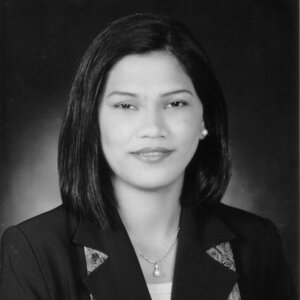

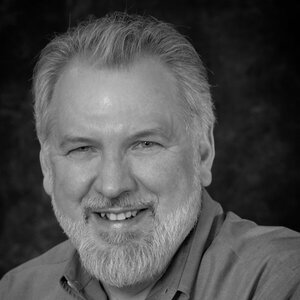


Reflection:
In Brazil, activists have been murdered for standing up against deforestation. Marina Silva drew strength from her role models — those courageous leaders who risked their lives to stand up for their beliefs: Chico Mendes, Dr. Martin Luther King, Nelson Mandela. When you are struggling, who are your role models? Make a list, take inventory, and then take their wisdom to heart!
And Finally…


Reflection:
Brave leaders tend to be humble. They invite and work to understand other points of view. They may not change their minds, but they listen first. Recall a recent disagreement you had with someone. Did you first try to understand their point of view by asking probing questions? When they were speaking, did you stay focused on what they were saying, or were you plotting your defense?
To learn more, find Brave Leaders: Finding The Guts To Make Meaningful & Lasting Change here.
